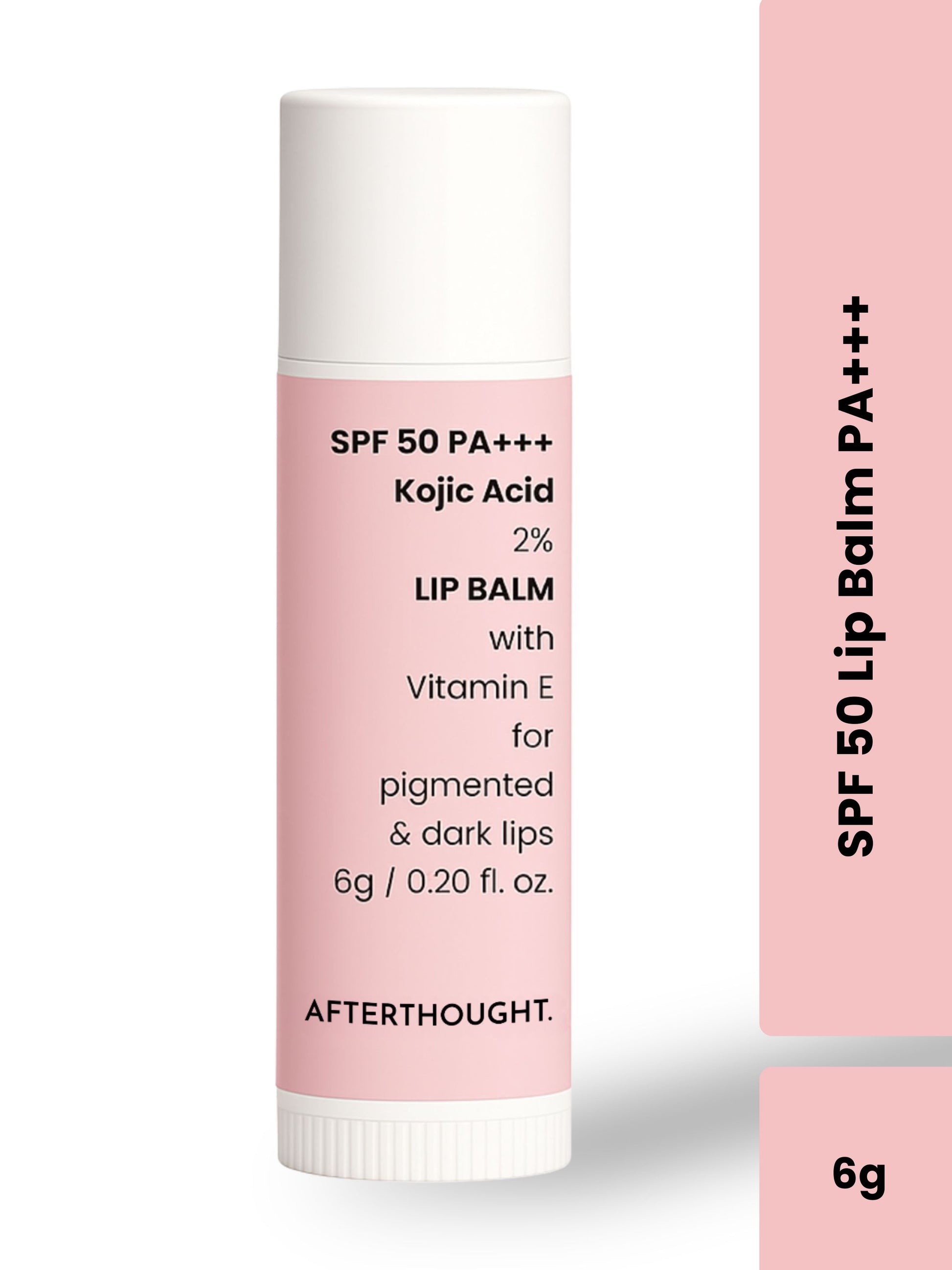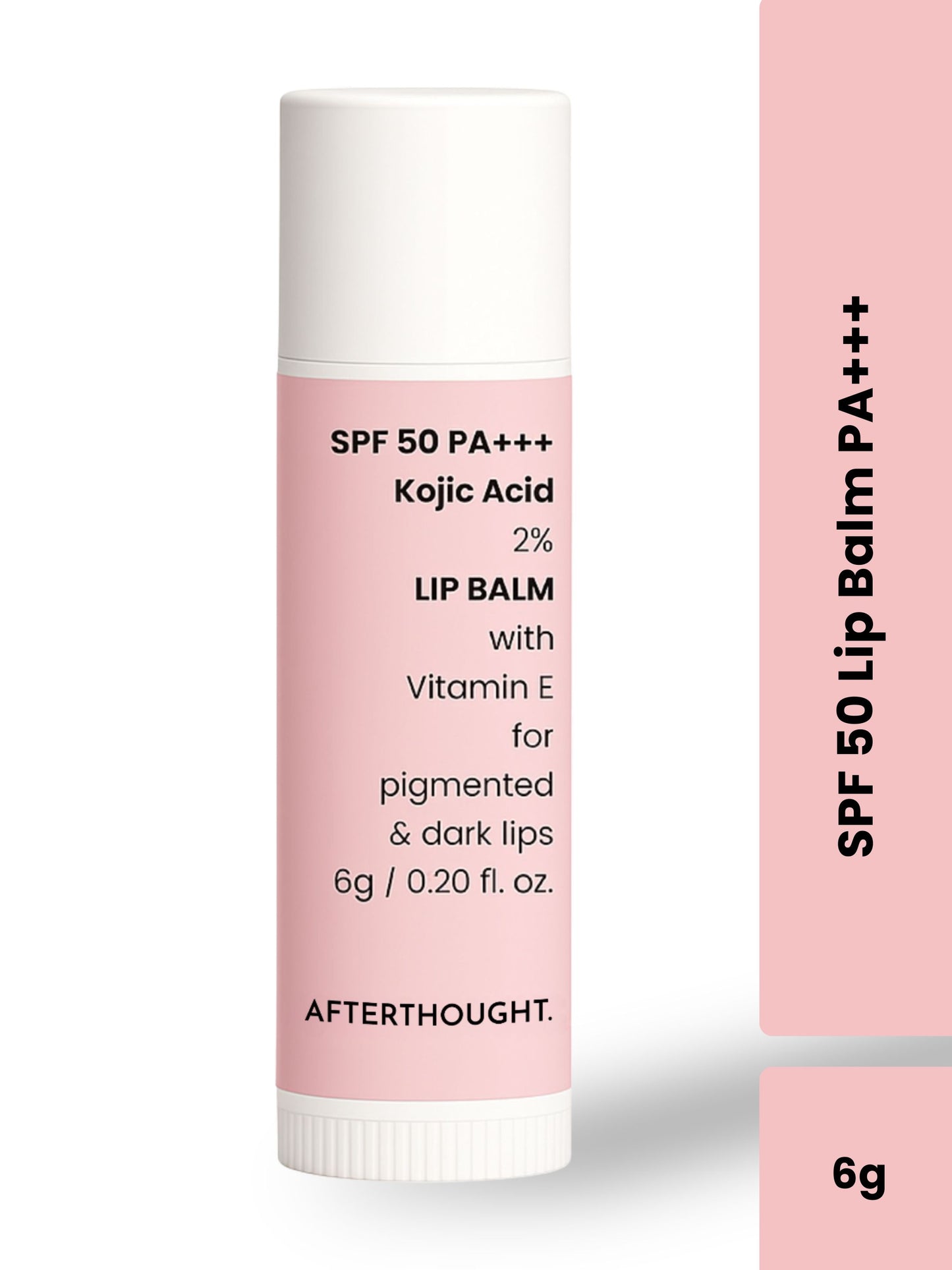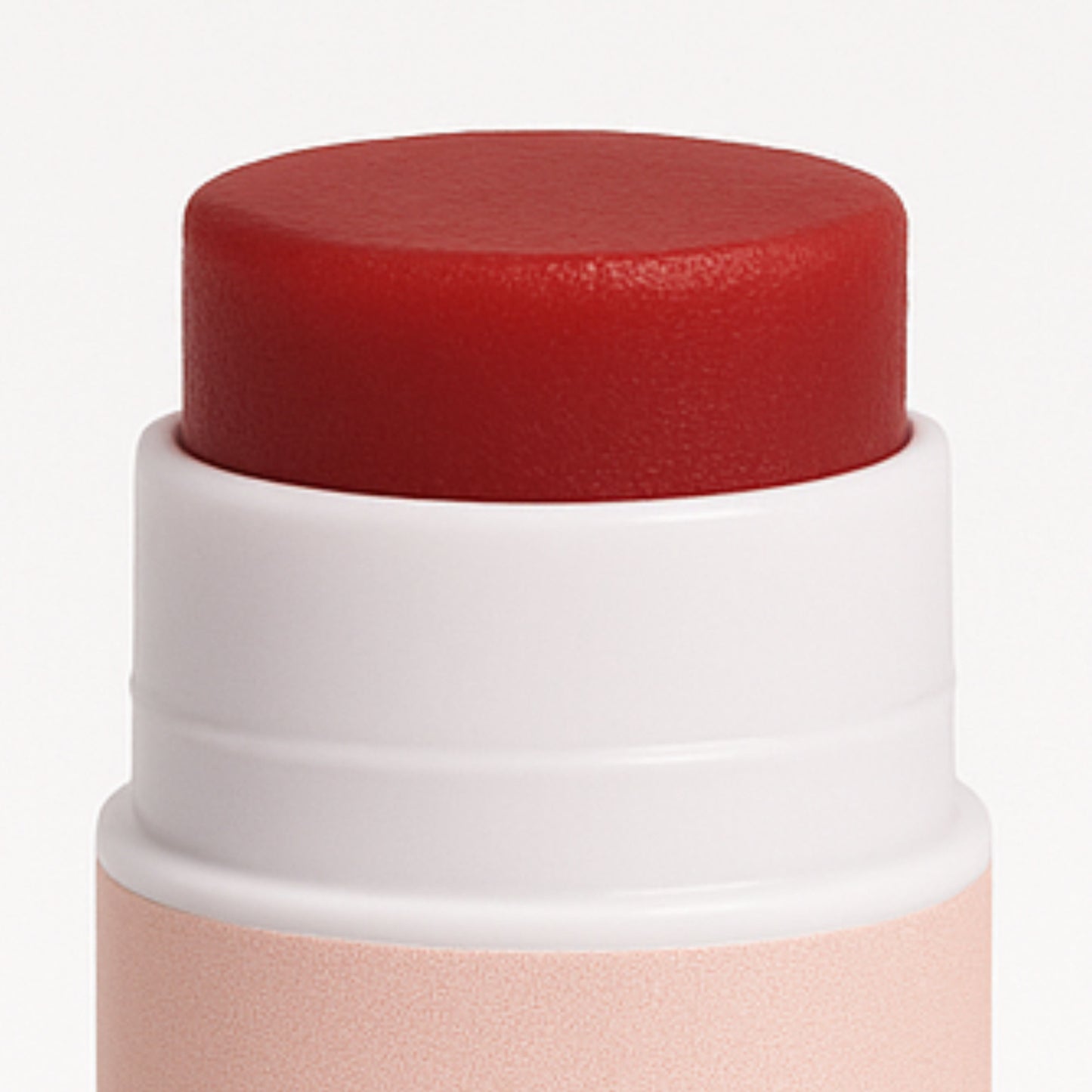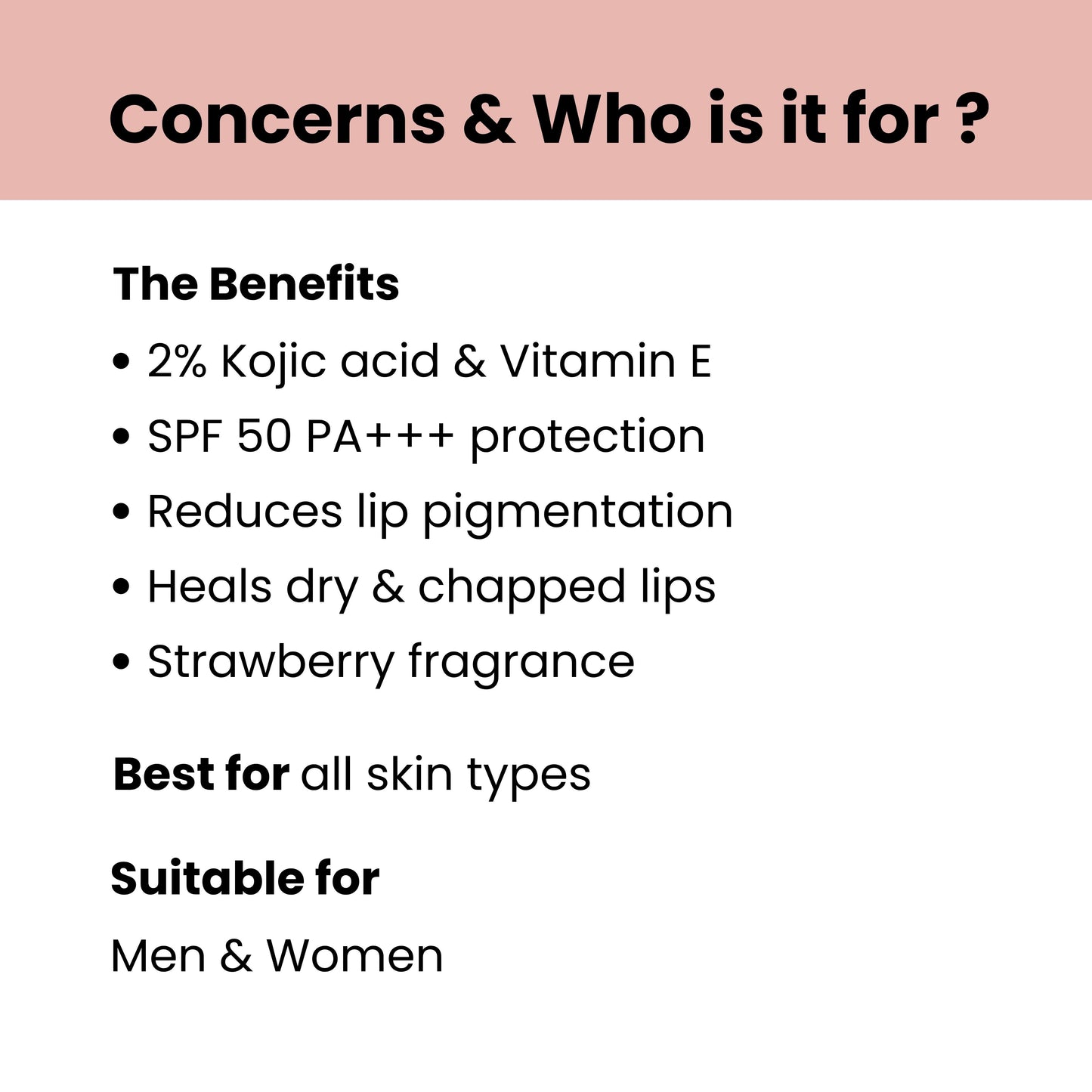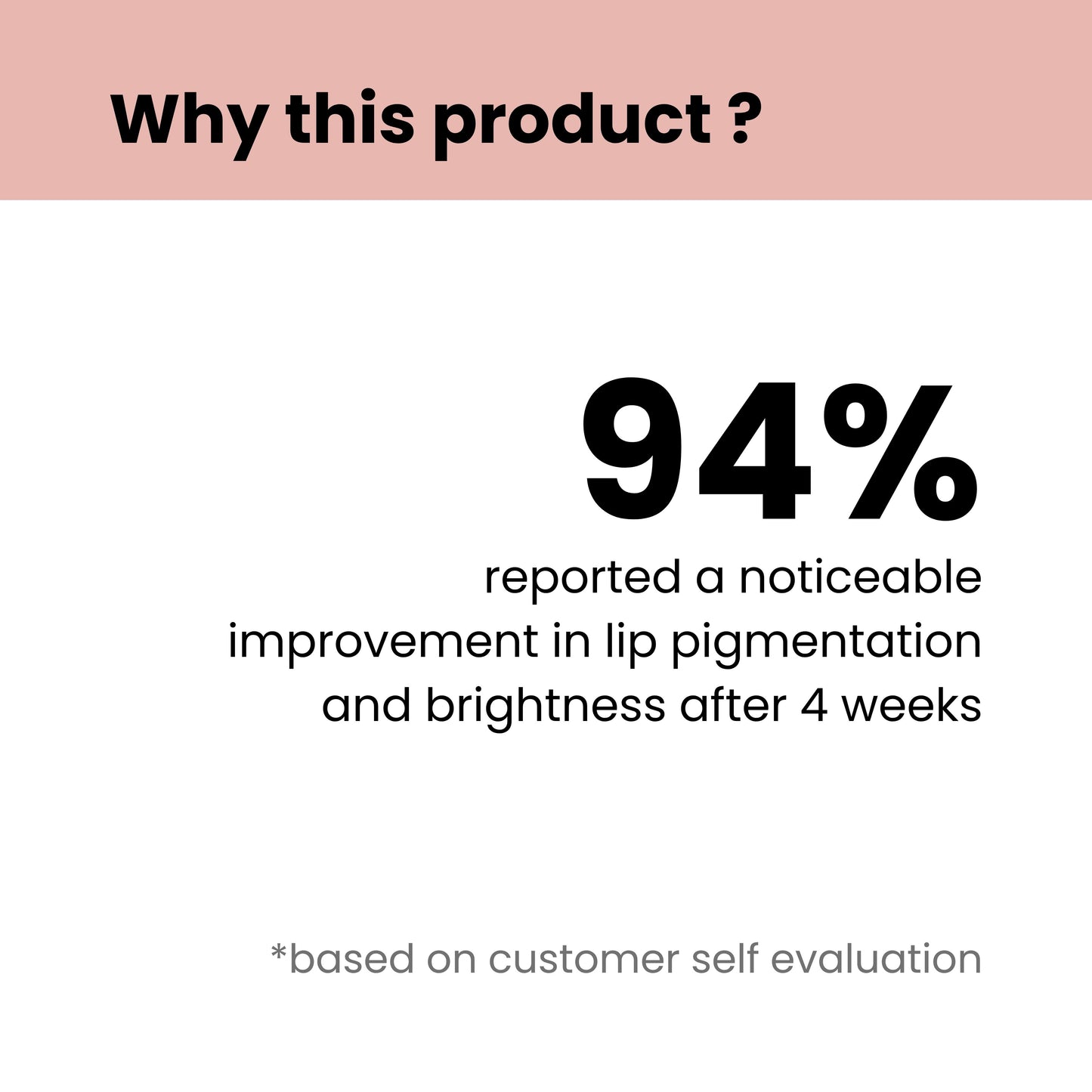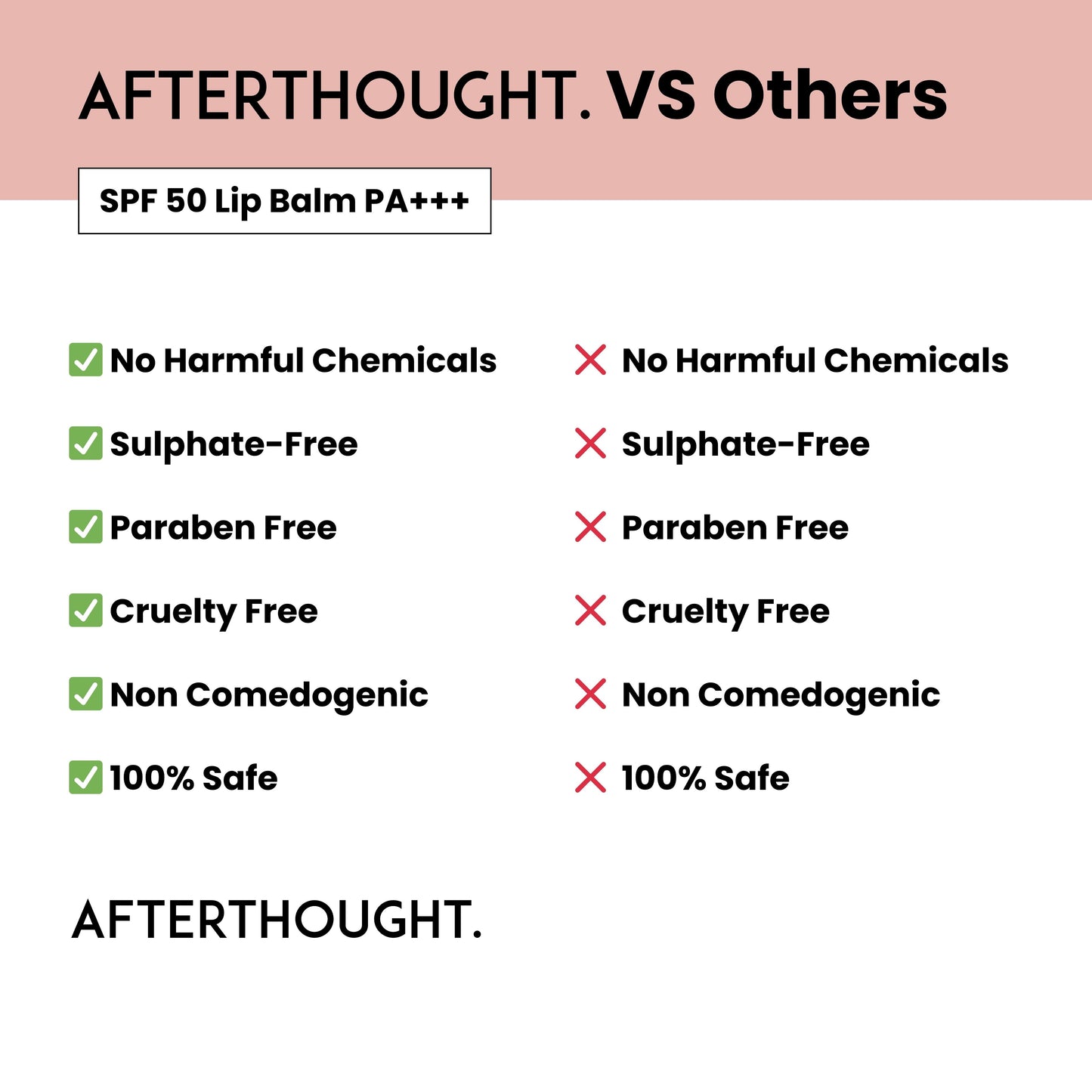Does Lip Balm Darken Lips?
Welcome to Afterthought. In the quest for soft, supple lips, lip balm has become a staple in many people's beauty routines. However, alongside its popularity, questions have arisen about whether lip balm could potentially darken the lips.
This concern has sparked debates and led to various myths circulating in the beauty community. In this article, we'll delve into the science behind lip balm and its potential effects on lip pigmentation, separating fact from fiction.
Understanding Lip Pigmentation
Before we explore the relationship between lip balm and lip darkening, it's essential to understand the factors that contribute to lip pigmentation. The color of our lips is primarily determined by the concentration of melanin, the pigment responsible for skin coloration, in the skin cells of the lips. Genetics play a significant role in determining the baseline color of one's lips, with variations ranging from pale pink to deep brown.
Furthermore, external factors such as sun exposure, smoking, dehydration, and certain medications can influence lip pigmentation. UV radiation from the sun, in particular, can stimulate melanin production in the lips, leading to darkening over time. Additionally, habits like smoking can cause discoloration due to the chemicals present in tobacco products.
The Role of Lip Balm
Lip balm is designed to moisturize and protect the delicate skin of the lips. It typically contains ingredients such as emollients, occlusives, and humectants, which work together to hydrate the lips and prevent moisture loss. Common ingredients found in lip balms include beeswax, shea butter, petrolatum, and various oils.
One of the myths surrounding lip balm is that certain ingredients can cause lip darkening. However, there is limited scientific evidence to support this claim. The majority of lip balms on the market are formulated with ingredients that are unlikely to cause pigmentation changes when used as directed.
Addressing Concerns
Some individuals have reported experiencing lip darkening after using specific lip balms, leading them to speculate about the cause. While it's essential to listen to personal experiences, it's crucial to approach such claims with skepticism and consider other potential factors that could contribute to lip darkening.
For example, certain fragrances, dyes, or preservatives present in lip balm formulations may cause irritation or allergic reactions in some individuals, leading to inflammation or discoloration of the lips. Additionally, excessive licking of the lips, which is a common habit among individuals with dry lips, can exacerbate dryness and potentially lead to darkening over time.
Choosing the Right Lip Balm
When selecting a lip balm, it's essential to consider your individual needs and preferences. Opt for products that are free from potential irritants or allergens if you have sensitive skin. Look for formulations that contain SPF if you're concerned about sun protection, as UV exposure can contribute to lip darkening.
Furthermore, maintaining good lip care habits, such as staying hydrated, avoiding excessive sun exposure, and refraining from smoking, can help preserve the natural color of your lips. Remember that consistency is key when it comes to skincare, including lip care. Regularly moisturizing your lips with a gentle, hydrating lip balm can help keep them soft, smooth, and healthy-looking.
Conclusion
In conclusion, the notion that lip balm causes lip darkening is largely a myth perpetuated by anecdotal claims and misinformation. While certain ingredients or external factors may contribute to lip discoloration in some individuals, the majority of lip balms are safe to use and unlikely to cause pigmentation changes when used as directed.
Ultimately, maintaining healthy lip care habits and choosing the right lip balm for your needs can help keep your lips looking their best. By understanding the science behind lip pigmentation and being mindful of potential irritants or allergens in lip balm formulations, you can ensure that your lip care routine promotes optimal lip health and beauty.
Remember, when in doubt, consult with a dermatologist or skincare professional for personalized recommendations and advice tailored to your unique skin concerns.


